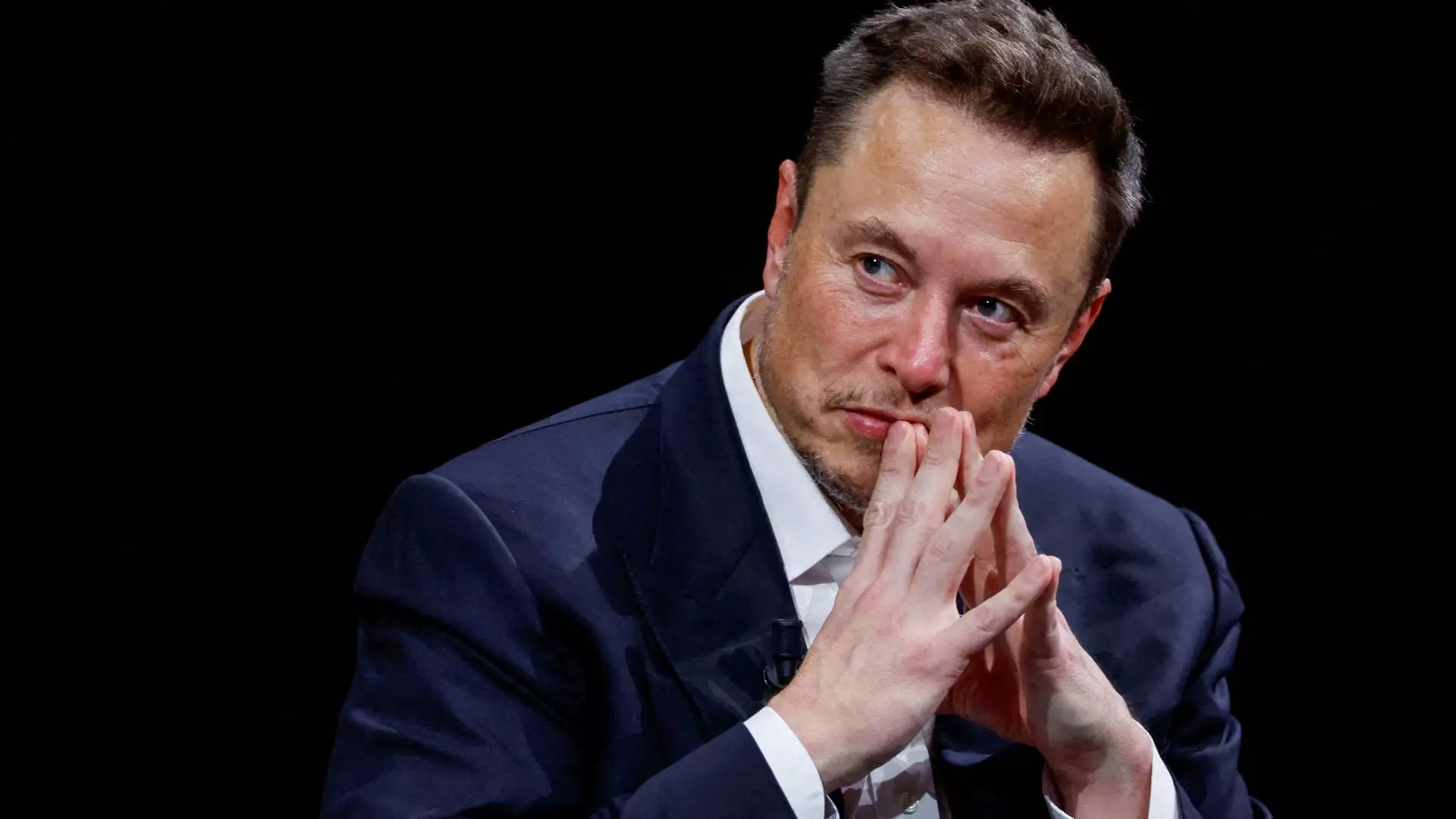Elon Musk’s latest $29 billion stock award signals a troubling trend in corporate leadership—one where immense personal gain is decoupled from consistent performance or shareholder value. While many CEOs struggle with job security and accountability, Musk’s compensation package feels more like a political maneuver than a reward for tangible achievements. The fact that his new equity is contingent on his continued role as CEO, yet remains flexible enough for him to pursue rival ventures or political ambitions, reveals a dangerous blurring of lines between corporate stewardship and personal empire-building. This level of entrenchment fuels skepticism about the fairness and transparency of executive compensation, especially when the public and shareholders bear the brunt of the risks.
Legal Battles Reflect a Culture of Defiance
Tesla’s ongoing legal disputes, most notably the case rooted in Musk’s 2018 remuneration plan, expose a troubling pattern of governance negligence. The Delaware court’s ruling that Tesla’s board misled shareholders to approve Musk’s lucrative compensation reflects systemic issues within the corporate oversight structure. Musk’s subsequent campaigns—denouncing Delaware courts, relocating Tesla’s incorporation to Texas—highlight an attitude that flouts established norms designed to protect investors and maintain transparency. These actions demonstrate a disdain for accountability, which risks undermining investor confidence and destabilizing the company’s reputation in the long term. Musk doesn’t just challenge the legal system; he threatens the legitimacy of shareholder rights, casting doubt on whether corporate governance exists at all when a single individual wields such unchecked influence.
The Power Struggle Extends Beyond Tesla
Musk’s fascination with controlling the future of AI and robotics, epitomized by his secretive formation of xAI, extends his influence beyond automotive innovation. His insistence on maintaining a 25% voting power over Tesla—despite owning only roughly 13% of shares—underscores his obsession with consolidating power, even at the expense of broader stakeholder interests. The questionable secrecy around the formation of xAI illustrates a broader trend: Musk’s conviction that he knows what’s best, irrespective of shareholder approval or institutional oversight. This approach raises concerns about the undue concentration of political and technological influence in the hands of one mogul, threatening the democratic accountability essential for sustainable innovation.
Politics, Personal Ambitions, and Corporate Stability
Musk’s entanglement with political campaigns, including his overt support for Trump and the formation of a new political party, introduces an ideological element that complicates Tesla’s standing in global markets. His personal political pursuits seem to frequently derail the company’s strategic interests, negatively impacting consumer perceptions and sales, especially in North America and Europe. Musk’s active involvement with government initiatives—sometimes at the expense of Tesla’s core business—stresses a conflict of interest that would be unacceptable in traditional corporate governance. As Musk juggles political passions and entrepreneurial ventures, questions arise about whether Tesla is being steered by shareholder interests or personal ambition. This duality is dangerous: it risks turning a once-cutting-edge tech firm into a vehicle for one man’s ideological quest rather than a sustainable enterprise built on innovation and consumer trust.
Market Performance and Long-Term Risks
Tesla’s recent financial struggles, including declining sales and automotive revenue drops, reflect the mounting pressures of Musk’s multifaceted pursuits. The loss of EV tax credits and waning consumer enthusiasm pose real threats to the company’s growth, especially as Musk’s attention shifts towards AI and political pursuits rather than core automotive innovation. The CEO’s acknowledgment of potentially tough quarters demonstrates vulnerability, yet his entrenchment in high-stakes compensation packages and risky ventures leaves shareholders exposed to uncertain outcomes. Such aggressive power grabs and focus on personal projects undermine the stability needed to navigate these turbulent waters, risking Tesla’s reputation and long-term viability.
Musk’s leadership, once heralded as visionary, now appears intertwined with a reckless pursuit of control—political, technological, and financial—posing profound questions about the future of Tesla and its role in the global market. The growing disconnect between his personal ambitions and the company’s foundational goals suggests a looming crisis of stewardship, one that might threaten the very innovation he claims to champion.


Leave a Reply